Impersonating a government agency: “You are under investigation…”
This is an extremely common and extremely dangerous trick. Scammers often impersonate police, prosecutors, court officials or even bank employees, then call to threaten you that you are “involved in a money laundering case” or “have an urgent summons”...
It sounds serious, but the main purpose is to make you panic and automatically provide personal information or transfer money as requested to “assist in the investigation”.
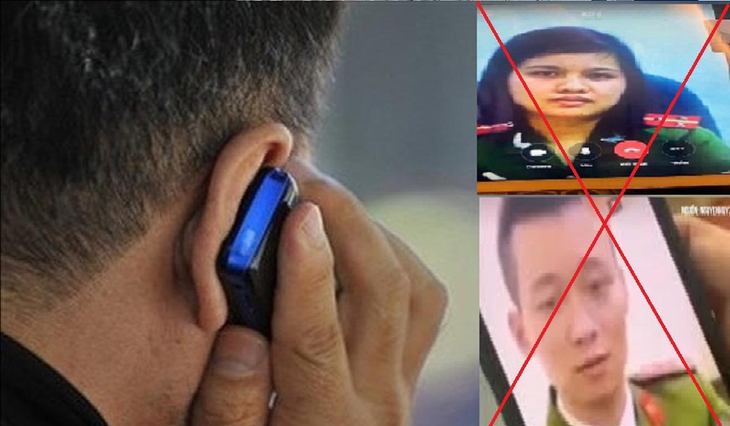 |
| The most common type of scam call is one that claims to be from the authorities. Photo: TH. |
If you receive a missed call with a + or 00 prefix, but not the Vietnam area code (+84) – for example, Moldova (+373), Tunisia (+216), Burkina Faso (+226)... then it's best not to call back.
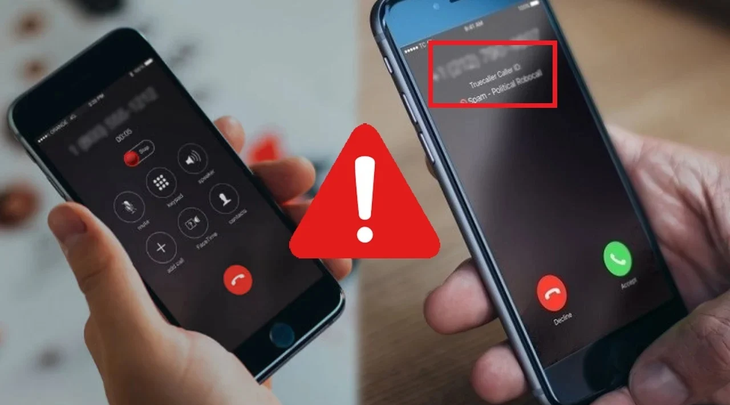 |
| There are many strange numbers, calling back will cost you extremely high fees. Photo: TH |
These calls usually appear in the evening or late at night, preying on the recipient's curiosity. But when you call back, the charges will be extremely high because it is an international scam number, and you can lose hundreds of thousands, even millions after just a few minutes of listening.
VNPT once issued a clear warning: "If you don't know them or have not contacted them in advance, never call back a strange international number, even once."
Request to provide OTP, card number, PIN code... be absolutely careful
This is the most common type of scam recently. You will receive a call from a stranger claiming to be a representative of a bank, financial company, electronic service... and informing you that you have just won a prize or need to verify a strange transaction. It sounds important and attractive, but then they will ask you to read the OTP code, password, account number to "confirm information".
Just follow this and your bank account will be emptied within minutes.
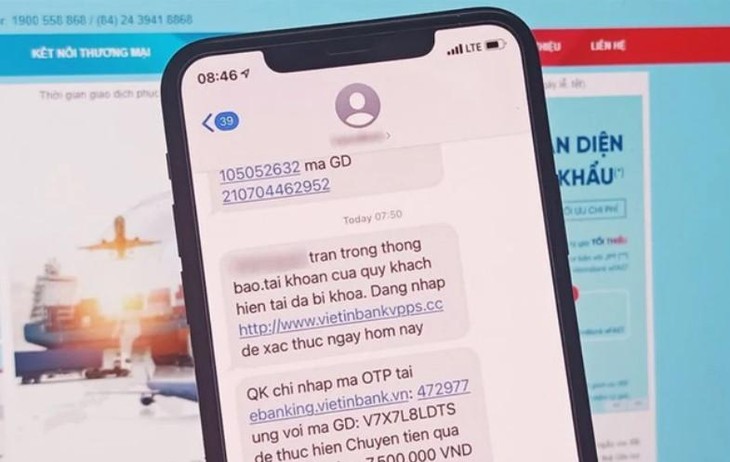 |
| No one has the right to ask you to provide OTP code or transaction information. Photo: TH. |
The rule to remember is that no one has the right to ask you for your bank security information over the phone, even if it is a real bank. If you have any doubts, proactively contact the bank's official hotline to verify.
According to the Global Anti-Fraud Coalition, in 2024, phone scams cost people more than $1,000 per case. Most victims were tricked by calls and text messages using “social engineering” – that is, playing on emotions and psychology to control behavior.
Google has had to deploy a series of new solutions to protect users. One of them is the Scam Detection feature - using artificial intelligence (AI) to analyze SMS, MMS, RCS messages and immediately warn if suspicious content is detected. The big plus is that AI is processed directly on the device, does not store user data, so information security is ensured.
This feature is currently enabled by default by Google for messages from unknown numbers in the US, UK and Canada, and is expected to be available soon in many other countries, including Vietnam.
If you suspect a phone number is a scam, there are several ways to check:
Call the network operator:
Viettel : 18008098
Vinaphone: 18001091
Mobifone: 18001090
Feedback on scam numbers via 156:
Send a free message to report spam: S [phone number] [message] send to 156
Send a free text message to report spam calls: V [phone number] [message] send to 156
Send a free text message to report a scam call: LD [phone number] [message] send to 156
Or call 156 directly for support.
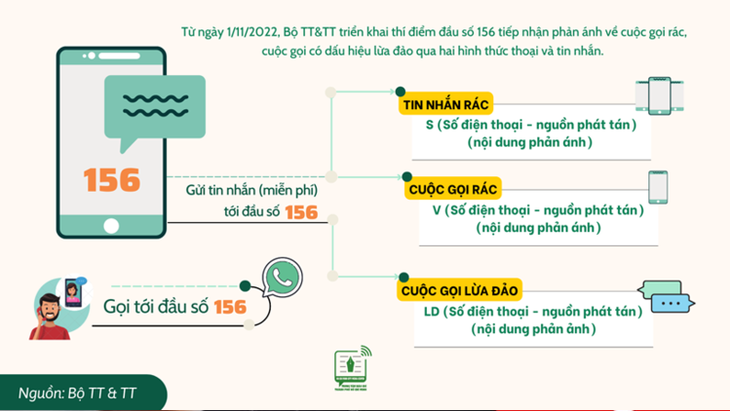 |
| The switchboard receives reports of spam calls and calls with signs of fraud. Photo: TH |
Use strange number lookup apps like Truecaller, Specialized... These apps can help you quickly check information from millions of phone numbers that have been marked as spam or scam by other users.
In this era of “high-tech fraud”, just one click or one careless answer can make you lose all the money in your account. So, stay alert, do not be gullible and always double-check all information before responding to any strange calls.
Users need to remember not to provide OTP, not to call back unknown numbers, and not to transfer money without verification. Social networks and the internet can be a double-edged sword, and your safety depends a lot on your daily vigilance and understanding.
Readers are invited to watch the video "Woman almost lost 700 million VND to a subject claiming to be a police officer." Video produced by Knowledge & Life Newspaper.
Source: https://khoahocdoisong.vn/thay-3-kieu-cuoc-goi-nay-cho-dai-bat-may-keo-bay-sach-tien-tai-khoan-post267927.html


![[Photo] General Secretary To Lam attends the conference to review 10 years of implementing Directive No. 05 of the Politburo and evaluate the results of implementing Regulation No. 09 of the Central Public Security Party Committee.](https://vphoto.vietnam.vn/thumb/1200x675/vietnam/resource/IMAGE/2025/5/19/2f44458c655a4403acd7929dbbfa5039)
![[Photo] Panorama of the Opening Ceremony of the 43rd Nhan Dan Newspaper National Table Tennis Championship](https://vphoto.vietnam.vn/thumb/1200x675/vietnam/resource/IMAGE/2025/5/19/5e22950340b941309280448198bcf1d9)


![[Photo] Close-up of Tang Long Bridge, Thu Duc City after repairing rutting](https://vphoto.vietnam.vn/thumb/1200x675/vietnam/resource/IMAGE/2025/5/19/086736d9d11f43198f5bd8d78df9bd41)
![[Photo] President Luong Cuong presents the 40-year Party membership badge to Chief of the Office of the President Le Khanh Hai](https://vphoto.vietnam.vn/thumb/1200x675/vietnam/resource/IMAGE/2025/5/19/a22bc55dd7bf4a2ab7e3958d32282c15)





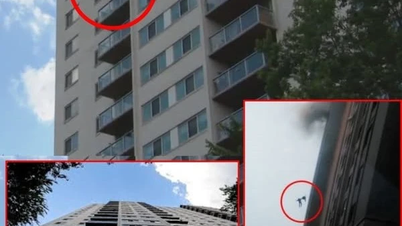




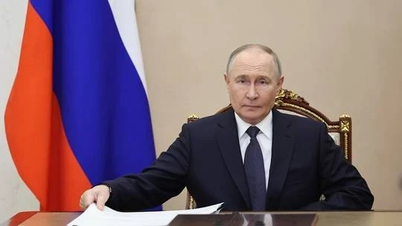





![[Photo] Prime Minister Pham Minh Chinh inspects the progress of the National Exhibition and Fair Center project](https://vphoto.vietnam.vn/thumb/1200x675/vietnam/resource/IMAGE/2025/5/19/35189ac8807140d897ad2b7d2583fbae)


















































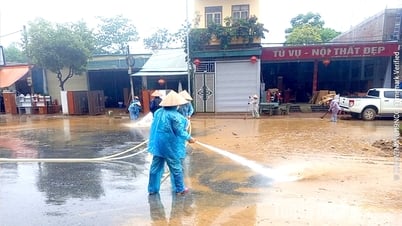











![[VIDEO] - Enhancing the value of Quang Nam OCOP products through trade connections](https://vphoto.vietnam.vn/thumb/402x226/vietnam/resource/IMAGE/2025/5/17/5be5b5fff1f14914986fad159097a677)



Comment (0)